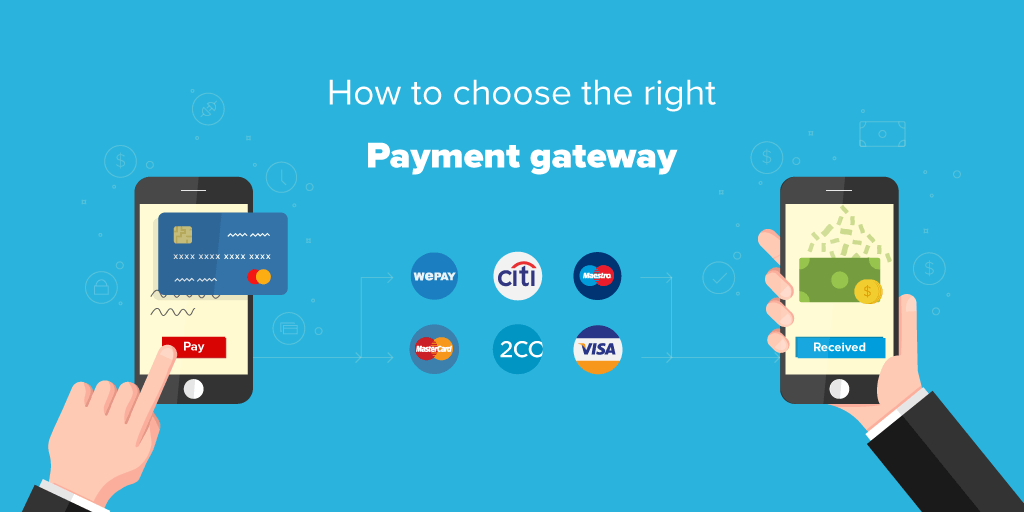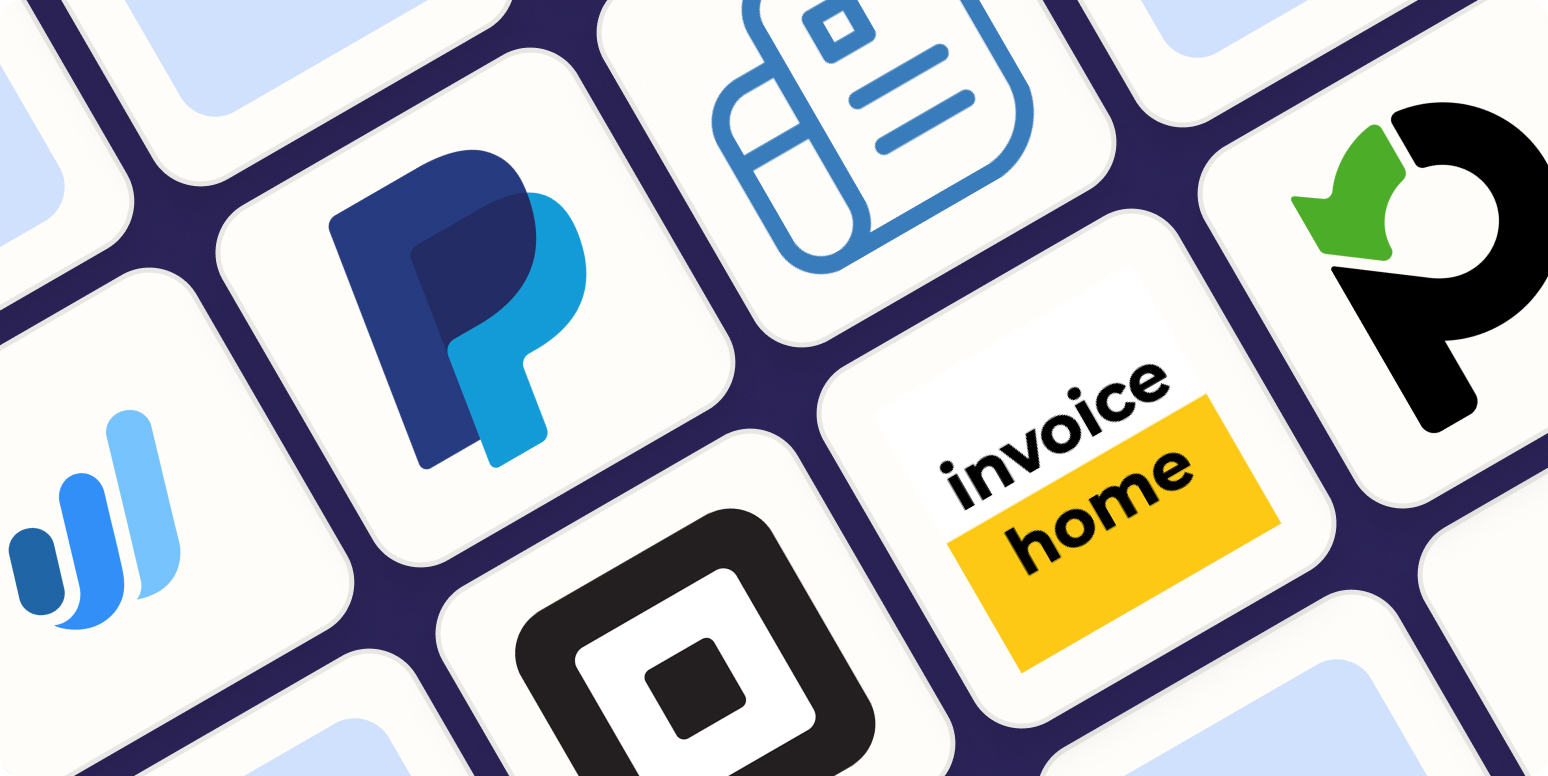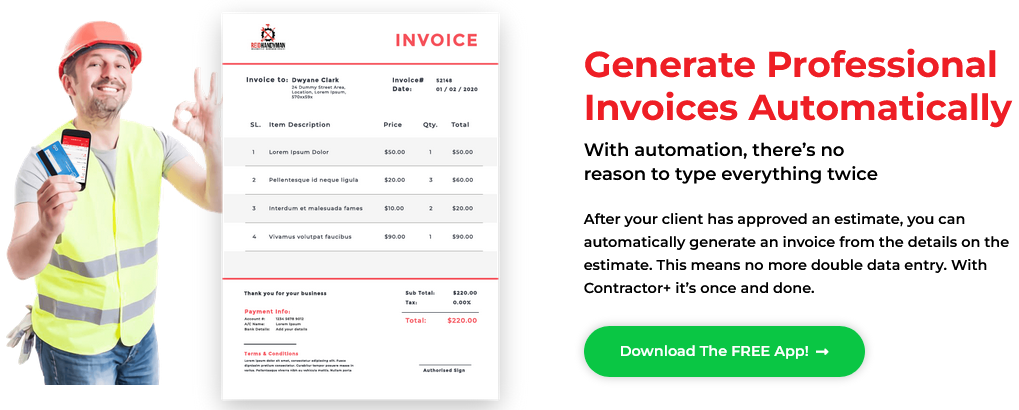Best Payment Processing for Small Business : Streamline Your Finances
The best payment processing for small businesses includes Square, PayPal, and Stripe. These platforms offer easy setup and transparent pricing.
Choosing the right payment processing solution is crucial for small businesses to streamline their transactions and improve customer experience. With many options available in the market, finding the most suitable one can be overwhelming. However, Square, PayPal, and Stripe emerge as the top contenders due to their user-friendly interfaces, affordable rates, and versatile features.
These platforms provide seamless integration with e-commerce websites, mobile payments, and in-store transactions, making them ideal for small businesses looking to expand their customer payment options. We will delve into the features and benefits of these payment processors to help small business owners make an informed decision.
Choosing The Right Payment Processor
Finding the best payment processing for your small business is crucial. Look for a processor that offers competitive rates, transparent fees, and provides reliable customer support. Consider factors like integration, security features, and ease of use to ensure a seamless payment experience for your customers.
When it comes to running a successful small business, choosing the right payment processor is crucial. With so many options available in the market today, it can be overwhelming to narrow down the best fit for your business needs. However, by considering your business needs and exploring different payment options, you can make an informed decision that will enhance the payment experience for both you and your customers.
Consider Your Business Needs
When choosing a payment processor for your small business, it is important to carefully consider your specific needs. By examining the unique aspects of your business, you can identify the most important features and functionalities you require from a payment processor. Take into account factors such as the size and nature of your business, the types of payments you want to accept, and any specific industry requirements that may apply.
You also need to consider the volume of transactions your business generates on a regular basis. Some payment processors offer tiered pricing plans, which may be more cost-effective if you process a high volume of transactions. On the other hand, if your business deals with smaller transaction volumes, a flat-rate pricing model could be a better option.
Explore Different Payment Options
To ensure you find the best payment processor for your small business, it is essential to explore different payment options that are available to you. Start by researching and comparing the various processors that offer services tailored to small businesses. Look for features such as easy integration with your website or point-of-sale system, user-friendly interfaces, and strong security measures to protect sensitive customer information.
It’s also important to consider the types of payments a processor supports. Some processors may only accept credit and debit card payments, while others offer additional options such as mobile payments, e-wallets, or even cryptocurrency payments. By exploring different payment options, you can select a processor that aligns with your customers’ preferences and provides flexibility for future growth.
Lastly, don’t forget to examine the fees and pricing structures of different payment processors. Understand if there are any setup fees, monthly fees, transaction fees, or additional costs for specific features. Create a table comparing the fees and features of different processors to have a clear overview and make an informed decision.

Credit: www.zoho.com
Key Features To Look For
When choosing the best payment processing for small business, look for key features such as low transaction fees, secure payment options, seamless integration with existing systems, customizable invoicing, and reliable customer support. These features can streamline operations and improve the overall payment experience for small businesses.
When it comes to finding the best payment processing solution for your small business, there are several key features that you should consider. These features can help ensure that your payment processing system is secure, easy to integrate, and cost-effective. In this article, we will explore three important features to look for: security and fraud protection, ease of integration, and cost-effectiveness.Security And Fraud Protection
When choosing a payment processing solution for your small business, security should be a top priority. You want to ensure that your customers’ sensitive information, such as credit card details, is protected from potential hackers and fraudulent activities. Look for payment processors that offer robust security features, including encryption and tokenization. Encryption protects data during transmission, while tokenization replaces sensitive information with unique identifiers, reducing the risk of exposure. Additionally, check if the payment processor is compliant with Payment Card Industry Data Security Standard (PCI DSS) requirements, which further enhances security.Ease Of Integration
Integrating a payment processing system into your existing business operations should be seamless and hassle-free. The system should easily integrate with your website, shopping cart, or point-of-sale (POS) system. Look for payment processors that offer comprehensive documentation and developer tools, making it easier for your technical team to implement the integration process. If you don’t have an in-house technical team, consider a payment processor that offers user-friendly, drag-and-drop integration options.Cost-effectiveness
As a small business owner, cost-effectiveness is crucial. You want to ensure that the payment processing solution you choose offers competitive rates that won’t eat into your profits. Compare the fees charged by different payment processors, including transaction fees, monthly fees, and any additional costs for features or services. Consider which payment types are supported and whether there are any additional charges for processing specific types of payments, such as international transactions. Look for transparent pricing models that are tailored to the needs and revenue of small businesses. In conclusion, when searching for the best payment processing solution for your small business, it is important to consider key features such as security and fraud protection, ease of integration, and cost-effectiveness. By prioritizing these features in your decision-making process, you can ensure a secure, seamless, and cost-effective payment processing experience for your customers and your business.Top Payment Processors For Small Businesses
When it comes to running a small business, having a reliable and efficient payment processing system is crucial. Thankfully, there are several excellent options available that cater specifically to the needs of small businesses. In this article, we will explore the top payment processors for small businesses, including PayPal, Square, and Stripe. These payment processors offer seamless online transactions, secure payment gateways, and user-friendly interfaces, ensuring a smooth and hassle-free experience for both businesses and customers.
Paypal
PayPal, a household name in the world of online payments, is a top choice for small businesses looking for a reliable payment processor. With its extensive global reach and user-friendly interface, PayPal allows businesses to accept payments from customers all around the world, regardless of their location or currency.
Key features and benefits of PayPal for small businesses include:
- Quick and easy setup process
- Secure payment processing
- Acceptance of various payment methods, including credit cards, debit cards, and bank transfers
- Flexible invoicing and recurring payment options
- Integration with popular e-commerce platforms and website builders
Square
Square is another popular payment processor that is well-suited for small businesses of all types. With its sleek and modern design, Square offers a range of cutting-edge features that make accepting payments a breeze. It is particularly favored by small businesses in the retail and service industries.
Some key advantages of using Square for your small business include:
- Simple and intuitive point-of-sale system
- Ability to accept payments on the go with a mobile device
- Integration with popular accounting and inventory management systems
- Easy customization of receipts and invoices
- Availability of additional features like payroll management and customer loyalty programs
Stripe
Stripe is a payment processor that has gained popularity among small businesses due to its developer-friendly features and extensive customization options. It offers a highly customizable payment gateway that can be seamlessly integrated into any e-commerce platform or website.
Here are some key reasons why Stripe is a great payment processing solution for small businesses:
- Allows businesses to accept payments in multiple currencies
- Advanced fraud detection and prevention measures
- Flexible subscription billing options
- Real-time analytics and reporting
- Support for various payment methods, including popular digital wallets

Credit: zapier.com
Streamlining Your Financial Systems
For small businesses, efficient payment processing is crucial for maintaining cash flow and managing financial operations. The right payment processing solution can streamline your financial systems, saving time and reducing the risk of errors. By integrating automation, reporting, and compatibility with accounting software, you can optimize your business’s financial processes and focus on growth.
Automation And Reporting
Automation simplifies the payment process, allowing you to schedule recurring payments and set up automatic invoicing. Reporting tools offer valuable insights into your financial performance, helping you track income, monitor expenses, and identify areas for improvement.
Integration With Accounting Software
Seamless integration with accounting software such as QuickBooks or Xero can significantly reduce manual data entry and minimize the risk of errors. By syncing payment processing with your accounting system, you can ensure that all financial records are accurate and up to date.
Optimizing Customer Experience
Optimizing customer experience is crucial for any small business looking to succeed in today’s competitive market. An exceptional customer experience can lead to increased customer satisfaction, loyalty, and ultimately, higher conversions. When it comes to payment processing, optimizing the customer experience becomes even more important. Here are two key ways you can enhance your checkout process and offer multiple payment methods to ensure a seamless and convenient experience for your customers.
Enhancing Checkout Process
Streamlining the checkout process is essential to prevent cart abandonment and increase conversions. A complicated and lengthy checkout process can frustrate your customers and discourage them from completing their purchase. To enhance the checkout process, consider the following:
- Implementing a one-page checkout: By condensing all the necessary information into a single page, you can minimize the number of steps required for customers to complete their purchase. This avoids unnecessary page loading and keeps customers engaged throughout the checkout process.
- Offering guest checkout: Not all customers want to create an account or go through the hassle of remembering login credentials. By providing a guest checkout option, you remove this barrier and allow customers to make quick and hassle-free purchases.
- Saving customer information: Offering the option to save customer information for future purchases can significantly speed up the checkout process for returning customers. By pre-filling their details, you save them time and effort, encouraging repeat purchases.
Offering Multiple Payment Methods
Providing multiple payment methods caters to the diverse preferences of your customers and ensures you don’t miss out on potential sales. Consider the following options:
- Accepting major credit and debit cards: This is a standard method that most customers expect. Integrating with a reliable payment processor that accepts a wide range of cards ensures you cater to a larger customer base.
- Offering digital wallet options: With the rise in popularity of digital wallets like PayPal, Apple Pay, and Google Pay, it’s important to give your customers the choice to pay using these convenient methods. Implementing these options can speed up the checkout process and provide a seamless experience, particularly for mobile users.
- Exploring alternative payment solutions: Depending on your target audience, consider other payment alternatives such as e-checks, mobile wallets specific to certain regions, or cryptocurrency. These options can open up new opportunities for customers and give your business a competitive edge.
By optimizing the customer experience through an enhanced checkout process and offering multiple payment methods, you can ensure a smooth and convenient payment experience for your customers. This can lead to increased customer satisfaction, repeat sales, and ultimately, the growth and success of your small business.

Credit: www.shopify.com
Frequently Asked Questions For Best Payment Processing For Small Business
What Payment Method Is Good For Small Business?
The best payment method for small businesses depends on their needs. Options like PayPal, Square, and Stripe offer easy online transactions. Mobile payment apps like Venmo and Cash App are suitable for small in-person sales. Choose a method that is convenient, secure, and cost-effective for your business.
Which Is The Best Payment Gateway For Small Business?
The best payment gateway for small businesses is highly dependent on specific needs. However, popular options include PayPal, Stripe, and Square. Evaluate features, fees, and integration options to determine the most suitable choice.
How Do I Set Up Payment Processing For My Small Business?
To set up payment processing for your small business, choose a payment processor like PayPal, Stripe, or Square. Then, create an account, link it to your business bank account, and integrate the payment gateway with your website or point-of-sale system.
Test the system before launching.
What Is The Best Payment Processing System?
The best payment processing system depends on your business needs. Evaluate factors like transaction volume, fees, and features to find the right fit. Consider popular options like PayPal, Stripe, and Square, and choose the one that aligns with your specific requirements.
Conclusion
To sum up, finding the best payment processing solution for your small business is crucial for its success. By considering the factors mentioned such as transaction fees, security, and user-friendly experience, you can make an informed decision. Remember, the right payment processor will not only streamline your financial transactions but also boost customer satisfaction, ultimately helping your business thrive in today’s competitive market.
{ “@context”: “https://schema.org”, “@type”: “FAQPage”, “mainEntity”: [ { “@type”: “Question”, “name”: “What payment method is good for small business?”, “acceptedAnswer”: { “@type”: “Answer”, “text”: “The best payment method for small businesses depends on their needs. Options like PayPal, Square, and Stripe offer easy online transactions. Mobile payment apps like Venmo and Cash App are suitable for small in-person sales. Choose a method that is convenient, secure, and cost-effective for your business.” } } , { “@type”: “Question”, “name”: “Which is the best payment gateway for small business?”, “acceptedAnswer”: { “@type”: “Answer”, “text”: “The best payment gateway for small businesses is highly dependent on specific needs. However, popular options include PayPal, Stripe, and Square. Evaluate features, fees, and integration options to determine the most suitable choice.” } } , { “@type”: “Question”, “name”: “How do I set up payment processing for my small business?”, “acceptedAnswer”: { “@type”: “Answer”, “text”: “To set up payment processing for your small business, choose a payment processor like PayPal, Stripe, or Square. Then, create an account, link it to your business bank account, and integrate the payment gateway with your website or point-of-sale system. Test the system before launching.” } } , { “@type”: “Question”, “name”: “What is the best payment processing system?”, “acceptedAnswer”: { “@type”: “Answer”, “text”: “The best payment processing system depends on your business needs. Evaluate factors like transaction volume, fees, and features to find the right fit. Consider popular options like PayPal, Stripe, and Square, and choose the one that aligns with your specific requirements.” } } ] }




